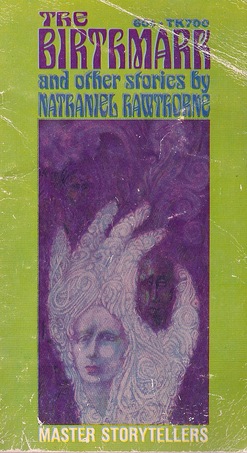I'm five weeks into a literature class on Coursera, "Fantasy and Science Fiction: The Human Mind, Our Modern World," taught by University of Michigan professor Eric Rabkin. I've never gravitated toward these genres, and i thought this would be a good way to get a better grounding in them.
(While we're here, let me suggest you try out a massive open online course, or MOOC: they're free, and the ones I've taken thus far have been quite high quality! Some kinks still need to be worked out, but it's easy to see the potential of this type of education. Courses in math, computer science, or more technical subjects might seem more suited to online learning, but I like to look at this class as something like an online book club in which participants actually read the book.)
Thus far, we've read Grimm fairy tales, Lewis Carroll's Alice books, Dracula, and Frankenstein. I've been pleasantly surprised, not least because many of these are classics that I should have already read in their original forms. (I'm familiar, of course, with the stories in general, but there is something to going to the source, and to hearing someone lecture intelligently on the literature and how it relates to other work.)
We just finished a unit on stories and poetry of Nathaniel Hawthorne and Edgar Allan Poe; the Poe I was familiar with, but the Hawthorne I was not -- and his work has been on my TBR list for some time.
I particularly enjoyed "The Birthmark" in Mosses from an Old Manse; in it, a scientist becomes so obsessed with ridding his wife's cheek of a small, hand-shaped stain that he concocts a foolproof cure ... that kills her. Sure, the language is a bit fussy and overdramatic, but the moral nestled in the conclusion resonates, an excellent reminder of the importance of living in the moment and valuing the good in things as they are:
[H]ad Alymer reached a profounder wisdom, he need not thus have flung away the happiness which would have woven his mortal life of the selfsame texture with the celestial. The momentary circumstance was too strong for him; he failed to look beyond the shadowy scope of time, and, living once for all in eternity, to find the perfect future in the present.
